Artificial Intelligence (AI)
Artificial Intelligence (AI) has evolved from a futuristic concept into an integral part of our daily lives. From automating mundane tasks to enabling groundbreaking innovations, AI is transforming industries, economies, and societies at an unprecedented pace. But what exactly is AI, and how is it reshaping our world? Let’s dive into the power of AI and its far-reaching implications.
What is AI?
Artificial Intelligence refers to the simulation of human intelligence in machines that are programmed to think, learn, and make decisions. These systems can process large amounts of data, recognize patterns, and perform complex tasks—often with greater speed and accuracy than humans. AI encompasses a broad range of technologies, including machine learning, natural language processing, robotics, and computer vision.
The Power of AI in Different Sectors
1. Healthcare: Revolutionizing Diagnosis and Treatment
AI’s impact on healthcare is profound. Machine learning algorithms can analyze vast datasets of medical records, imaging, and genetic information to identify patterns and make accurate predictions about patient outcomes. For instance, AI-powered diagnostic tools can detect diseases like cancer at earlier stages than traditional methods, improving survival rates. Additionally, AI-driven drug discovery processes are accelerating the development of new treatments by predicting how different compounds will interact with diseases.
2. Finance: Enhancing Efficiency and Security
In the financial sector, AI is enhancing efficiency, reducing fraud, and improving customer service. Algorithms can analyze market trends in real-time, helping investors make informed decisions. AI-driven systems are also revolutionizing fraud detection by analyzing transaction patterns and identifying anomalies that may indicate fraudulent activity. Moreover, AI-powered chatbots are providing customers with 24/7 support, offering personalized financial advice and assistance.
3. Manufacturing: Driving Automation and Precision
AI is at the heart of the Fourth Industrial Revolution, driving automation and precision in manufacturing. AI-powered robots are working alongside humans on factory floors, performing tasks that are dangerous, repetitive, or require extreme precision. Predictive maintenance, another AI application, allows manufacturers to anticipate equipment failures before they occur, minimizing downtime and reducing costs.
4. Retail: Personalizing the Shopping Experience
Retailers are leveraging AI to personalize the shopping experience for consumers. Through data analysis, AI can predict customer preferences, recommend products, and optimize pricing strategies. AI-powered inventory management systems ensure that products are available when and where they are needed, reducing waste and improving customer satisfaction. Furthermore, AI-driven chatbots and virtual assistants are enhancing customer service, providing instant responses to queries and helping shoppers find what they need.
5. Transportation: Paving the Way for Autonomous Vehicles
AI is the driving force behind autonomous vehicles, which promise to revolutionize transportation. Self-driving cars use AI to interpret data from sensors and cameras, enabling them to navigate roads, avoid obstacles, and make real-time decisions. Beyond personal transportation, AI is optimizing logistics and supply chain operations, predicting demand, and improving delivery efficiency.
The Ethical Implications of AI
While the power of AI is undeniable, it also raises significant ethical questions. As AI systems become more autonomous, issues related to privacy, security, and bias come to the forefront. For instance, AI-driven surveillance systems can improve public safety, but they also pose risks to individual privacy. Similarly, AI algorithms can perpetuate biases present in the data they are trained on, leading to unfair outcomes in areas like hiring or law enforcement.
To harness the power of AI responsibly, it is crucial to develop frameworks that ensure transparency, fairness, and accountability. Policymakers, technologists, and ethicists must collaborate to create guidelines that promote the ethical use of AI while fostering innovation.
The Future of AI: Opportunities and Challenges
The future of AI holds immense potential, but it also comes with challenges. As AI continues to advance, it will create new opportunities in areas such as personalized education, environmental sustainability, and space exploration. However, these advancements will also require addressing complex issues like job displacement, data privacy, and the ethical use of AI in decision-making.
To maximize the benefits of AI while mitigating its risks, continuous investment in research, education, and policy development is essential. By understanding and guiding the evolution of AI, we can ensure that it serves as a powerful tool for enhancing human capabilities and improving lives.
Conclusion
AI is not just a technological advancement; it is a transformative force that is reshaping the world in profound ways. From revolutionizing industries to challenging our ethical frameworks, AI’s power is vast and multifaceted. As we continue to explore and develop AI, we must strive to balance innovation with responsibility, ensuring that this powerful technology benefits all of humanity. The journey of AI is just beginning, and its future promises to be as exciting as it is challenging.




